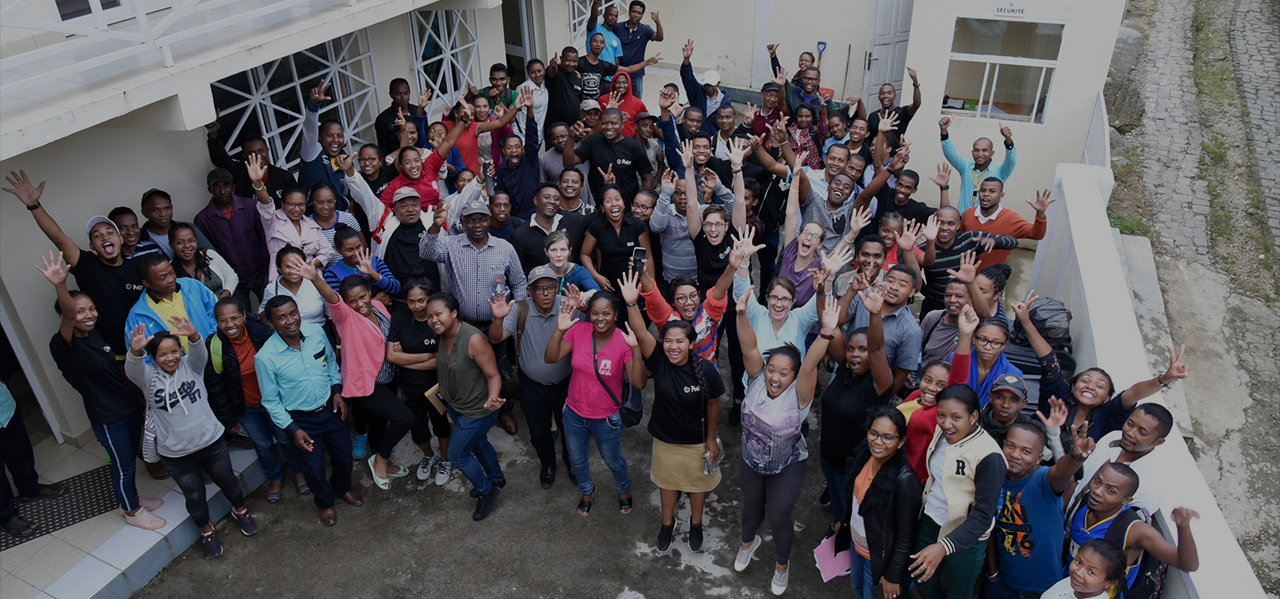ATOSIKY NY SOATOAVINA SY TARIHIN'NY SIANSA ISIKA

MOMBA ANAY
Zon'olombelona ny fahasalamana.
Mikarakara ireo olona izay tompointsika isika.
Ny siansa no fanalahidiny amin'ny tena fiovana.
Mifantoka amin'ny vokatra azo tratrarina isika.
Olona an - tapitrisany eran - tany no mila fikarakarana tsara kokoa.
Mamolavola vahaolana azo tsapain-tànana isika.
Maty tsy amin'ny ilàna azy ny olona noho ny elanelana misy eo amin'ny fahalalana sy ny asa, izay miteraka sakana amin'ny fikarakarana na dia eo aza ny fisian'ny vahaolana takatry ny rehetra.
Amin'ny alalan'ny fanatsarana ny endrika, ny fanaterana, ary ny angon-drakitra ao amin'ny distrika iray ho an'ny fahasalamana – tsy ho ela dia hihitatra ho telo – manampy ireo izay mijaly noho ny tsy fahampian'ny fitsaboana izahay sy ny fianakaviany ho amin'ny fiainana salama kokoa.
AHITANA NY RAFITRA ARA-PAHASALAMANA AO AMIN'NY DISTRIKANTSIKA:

Hopitalin'ny distrika 1

Toeram-pitsaboana 15

Vondrom-piarahamonina 81
Tobin'ny fahasalamana
Sampandraharaha avo lenta • Fikarakarana Voalohany Manerana ny Fiainana • Tambajotran'ny Fiara mpamonjy voina
Fahasalaman'ny Reny sy ny Fahasalaman'ny Reny : Fisorohana ny Aretina Vokatry ny Mikraoba - doko • Fitsaboana Ny Marary
Mpiasa voaofana tsy tapaka • Fotodrafitrasa Mendrika & Fitaovana • Fisian'ny Zava - mahadomelina

Afaka manova fiainana ny famoronana, ny fanaterana sy ny fandrefesana ny fahombiazan'ny fidirana an-tsehatra.
Mety hanova an'izao tontolo izao ny fanaovana tetikady azo ampiasaina.
MANOLO-TENA HO AMIN'NY RARINY ARA-TSOSIALY ISIKA
Mifanohitra amin'ny soatoavina fototr'i Pivot ny fanavakavaham-bolonkoditra sy ny tsy fahadisoana na aiza na aiza.
Mampitombo ny tolontsika ho amin'ny rariny sy ny fanoloran-tenantsika amin'ny fahasamihafana isika.
Manasa anareo izahay mba hiara-hiasa aminay.
Ahoana no fomba fandraisantsika anjara amin'ny hetsika mba hanafoanana ny fahasalamana manerantany?
Manomboka any an-trano.
Ny tanjonay dia ny hiantohana fa ny ivon'ny fisintahana dia ny toerana misy azy: eto Madagasikara.
Tamin'ny taon-dasa, nandray mpikambana Malagasy efatra vaovao tao amin'ny Filankevi-pitantananay izahay. Fantaro bebe kokoa ato ny momba azy ireo. Ny Tale Mpanatanteraka Tara Loyd dia manome antsipirihany bebe kokoa momba ny dingana arahanay ao amin'ny lahatsoratra iray ao amin'ny Stanford Social Innovation Review sy ao amin'ny podcast an'ny Sekolin'ny Fahasalamam-bahoaka Johns Hopkins.
MPIASA MALAGASY
FAHASALAMANA EO AMIN'NY FIARAHA - MONINA
MPIASA
MPIASA MPILALAO SARIMIHETSIKA
MPIASA MONINA ANY ETAZONIA
MIHAONA AMIN'NY VAHOAKA
MPITARIKA
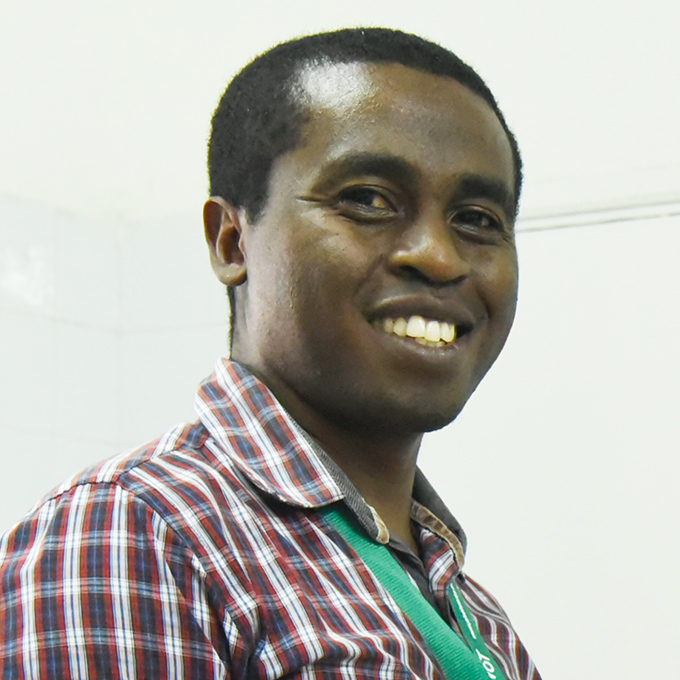
Dr. Tsirinomen'ny Aina
Tale tale ambony ao amin'ny Fikarakarana Hopitaly
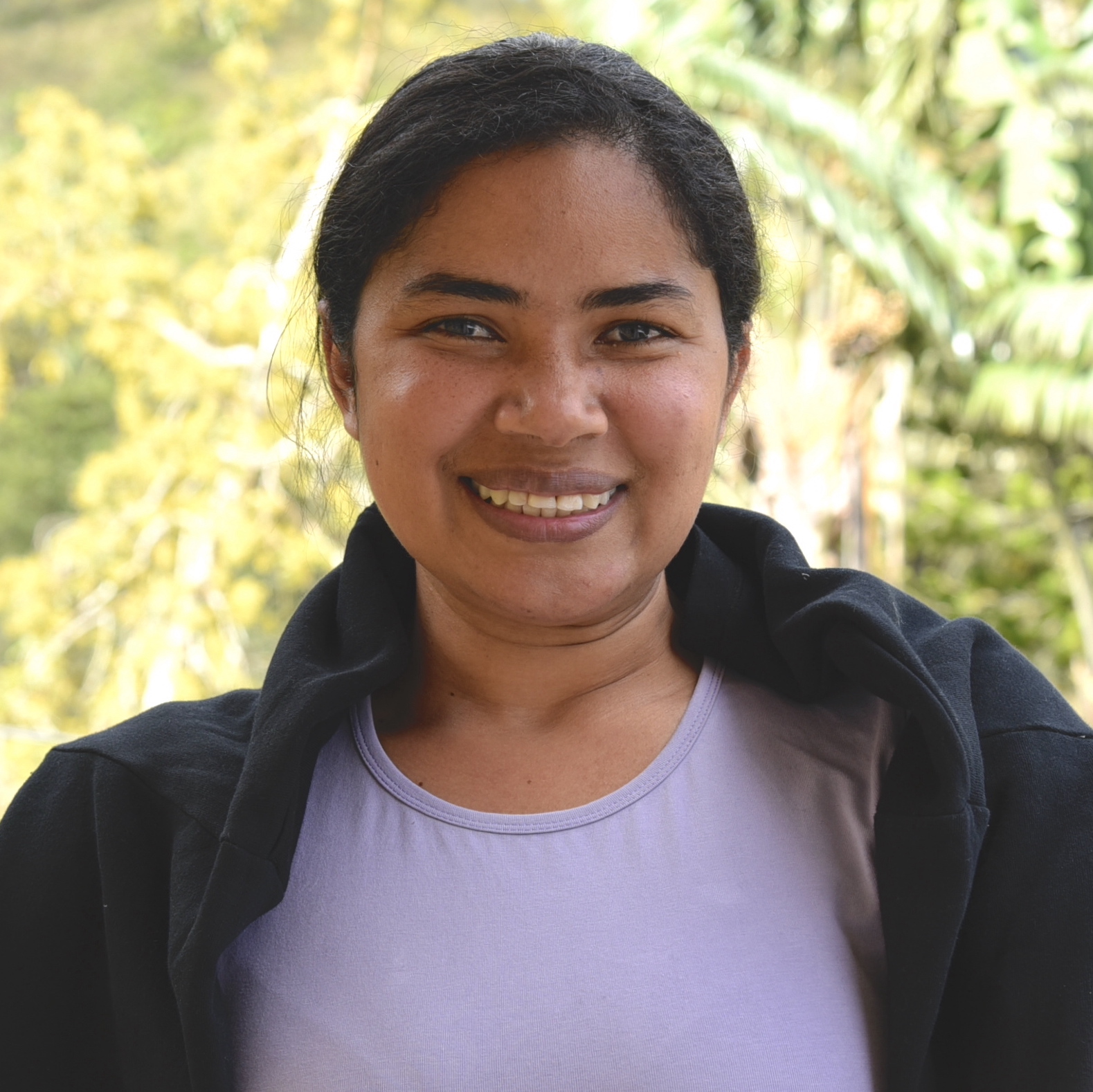
Dr. Barbara Vololonarivelo
Talen'ny Fandraisana Anjara

Bénédicte Razafinjato
Talen'ny Fanaraha - maso, Fanombantombanana, Fikarohana & Fianarana
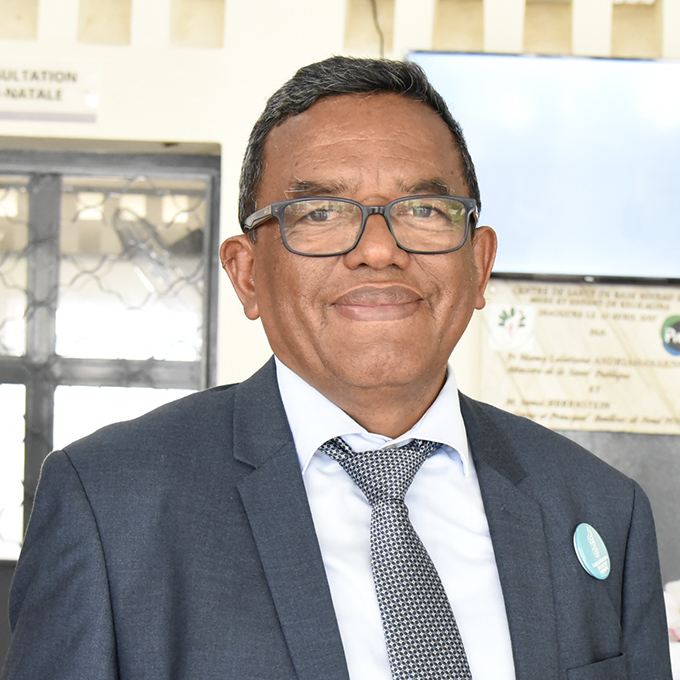
Benjamin Andrihamihaja
Mpikambana ao amin'ny Filankevi-pitantanana sy Mpanolo-tsaina Ara-teknika Ambony
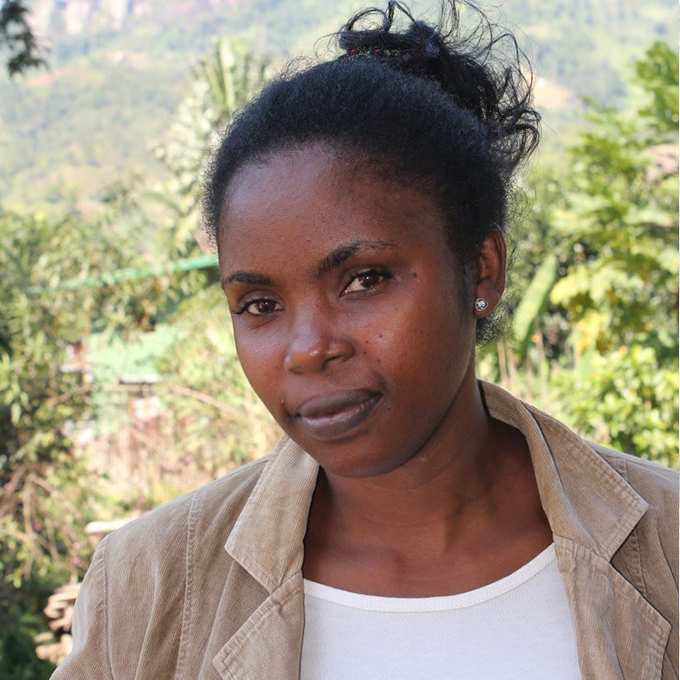
Eliane Solo Hery
Talen'ny Fitantanana
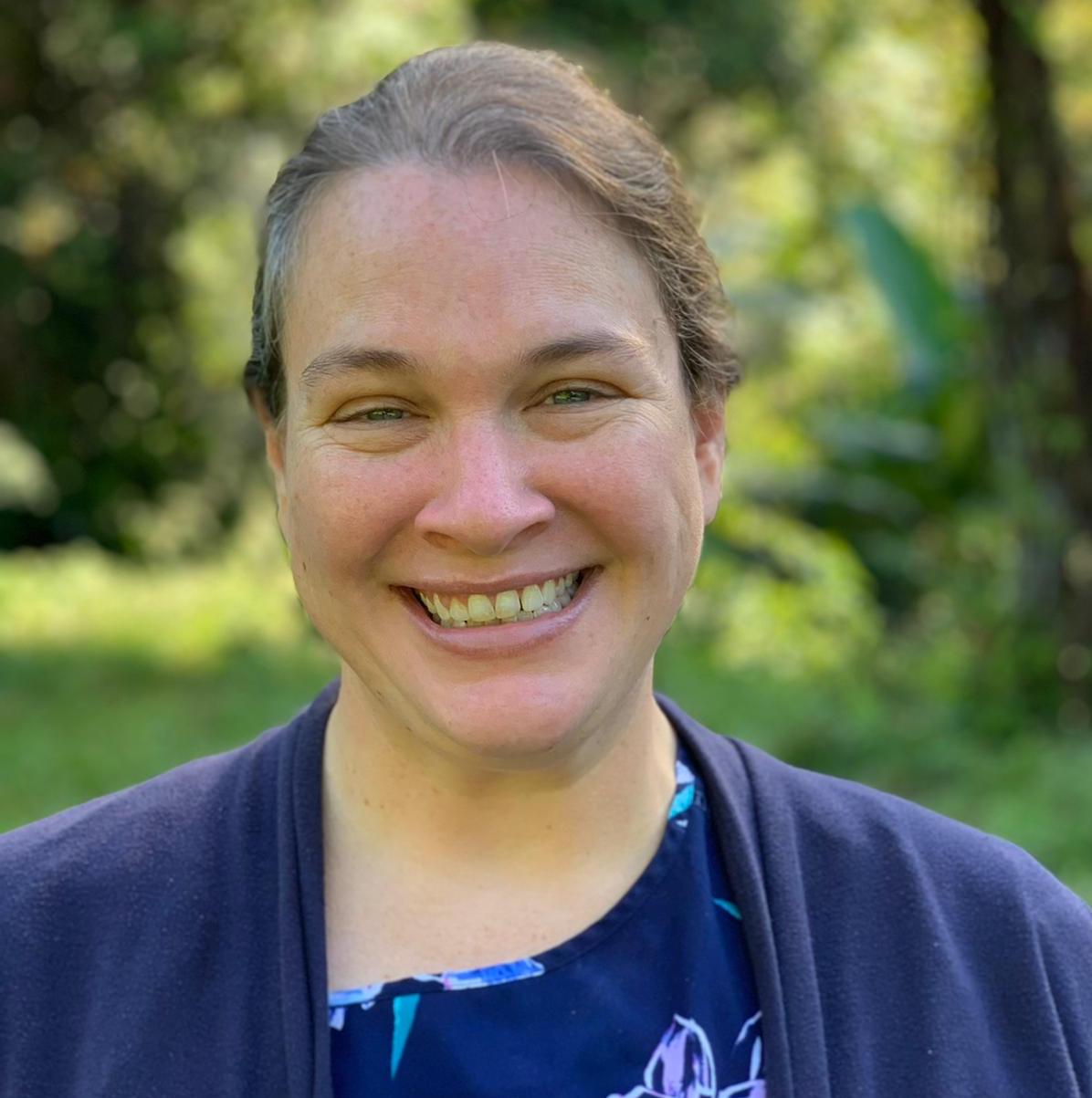
Karen Finnegan
Tale Mpitantana ny Siansa Pivot
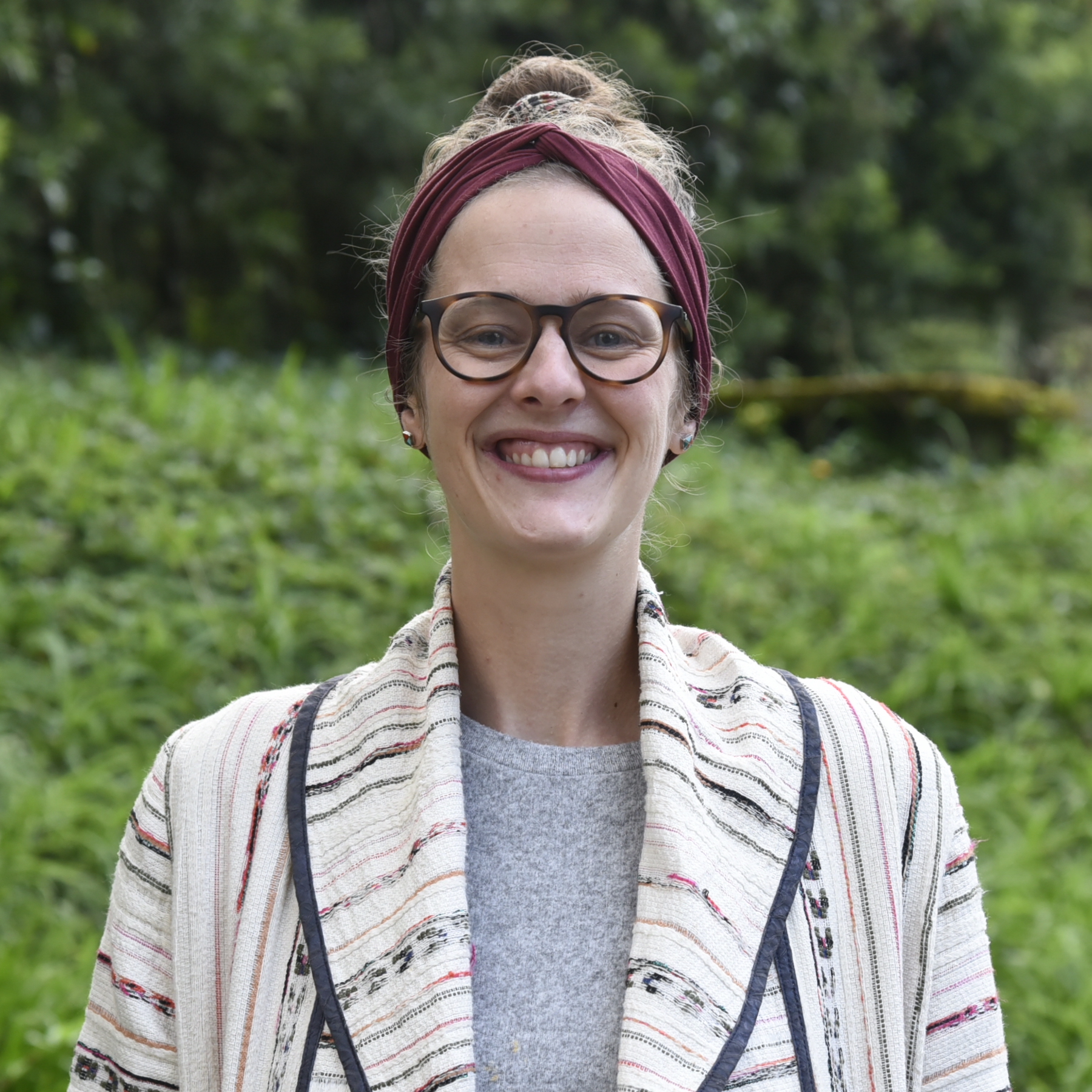
Laura Cordier
Tale Mpanatanteraky ny Mpanatanteraka

Léa Rahajatiana
Tale jeneralin'ny Sampandraharahan'ny Biometrika
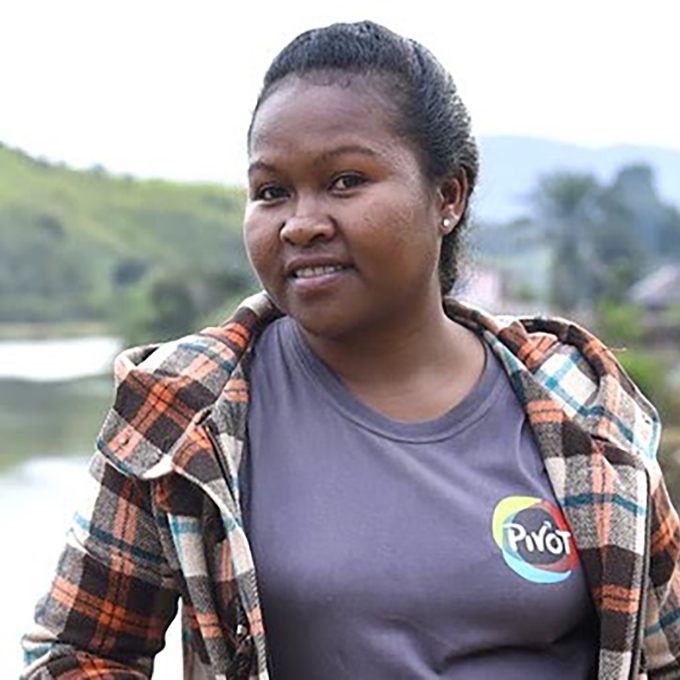
Dr. Lova Ratsimbazafy
Tale ambony ao amin'ny Fiaraha-miasa
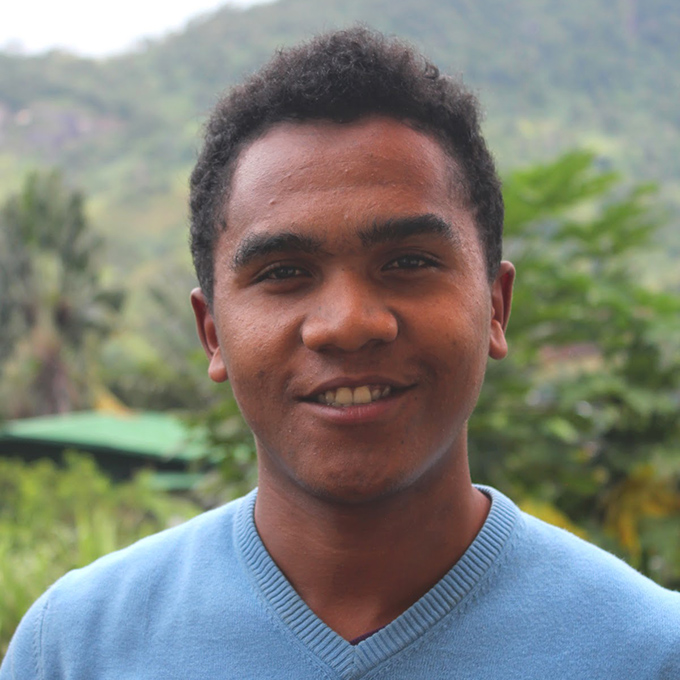
Luc Rakotonirina
Ampifandraiso amin'ny talen'ny fitsaboana
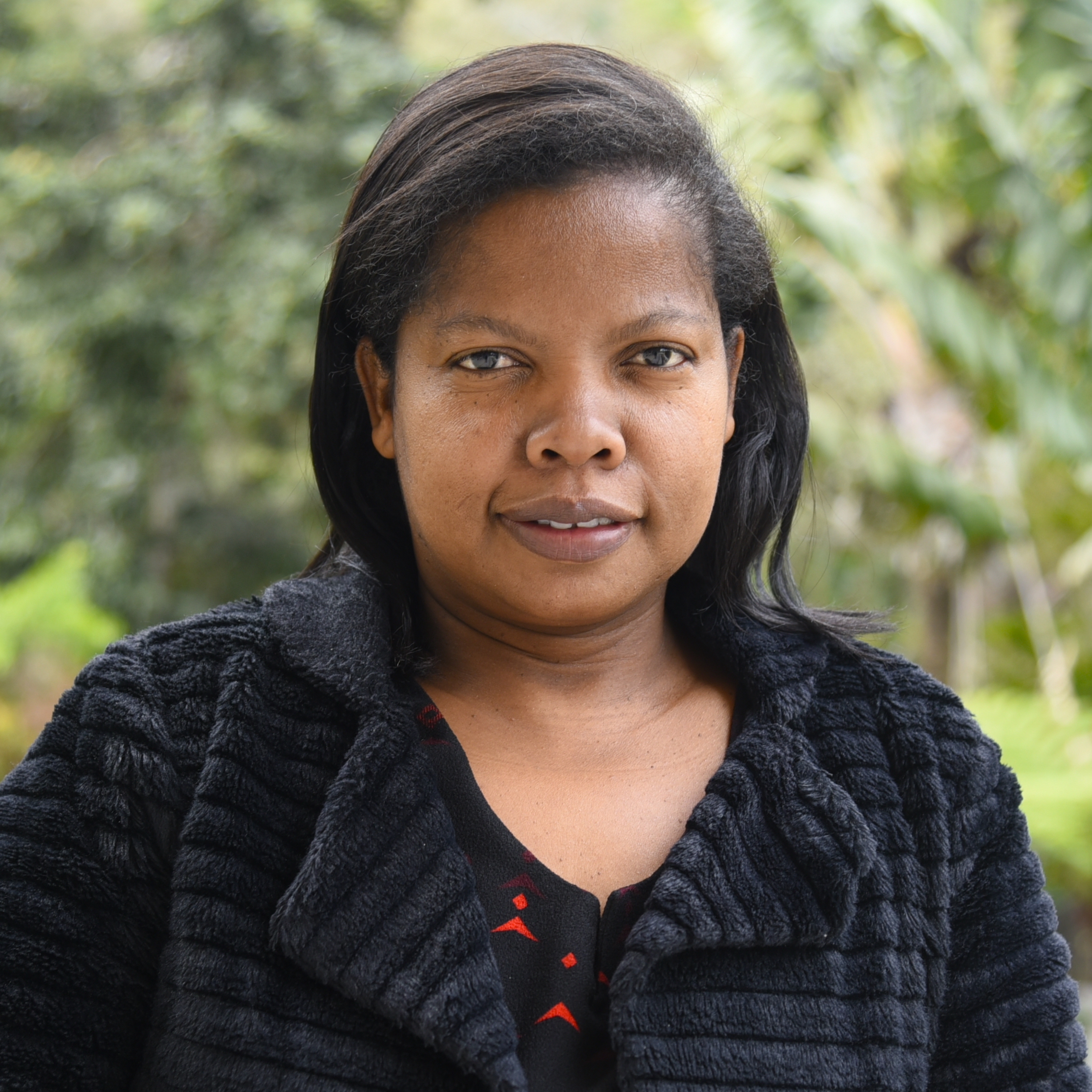
Dr. Mbola Raza-Fanomezanjanahary
Tale Ambony ao amin'ny Fikarakarana ny Kilonga
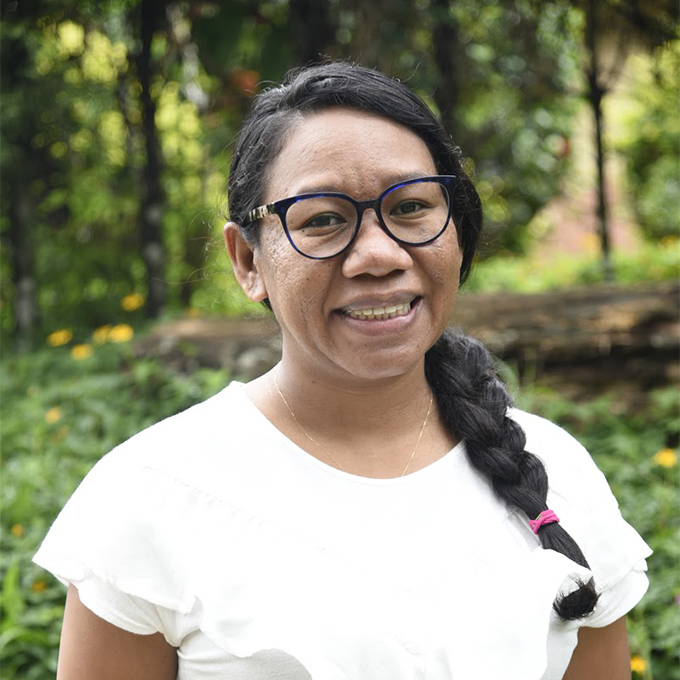
Natacha Rajaona
Talen'ny fanohanana ny fandaharan'asa
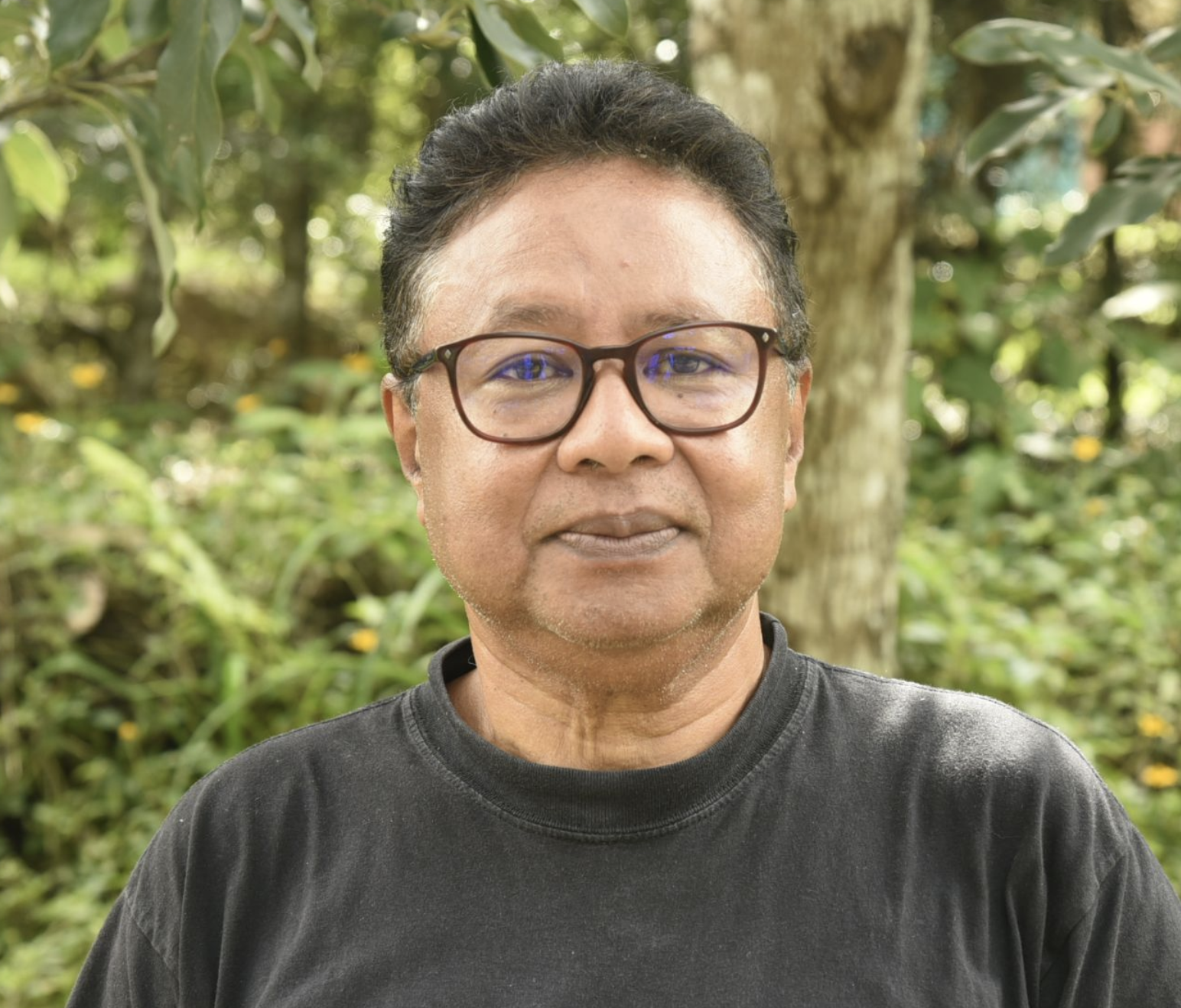
Dr. André Andriamanday
Director of Health Policy & Systems Strengthening
EKIPA
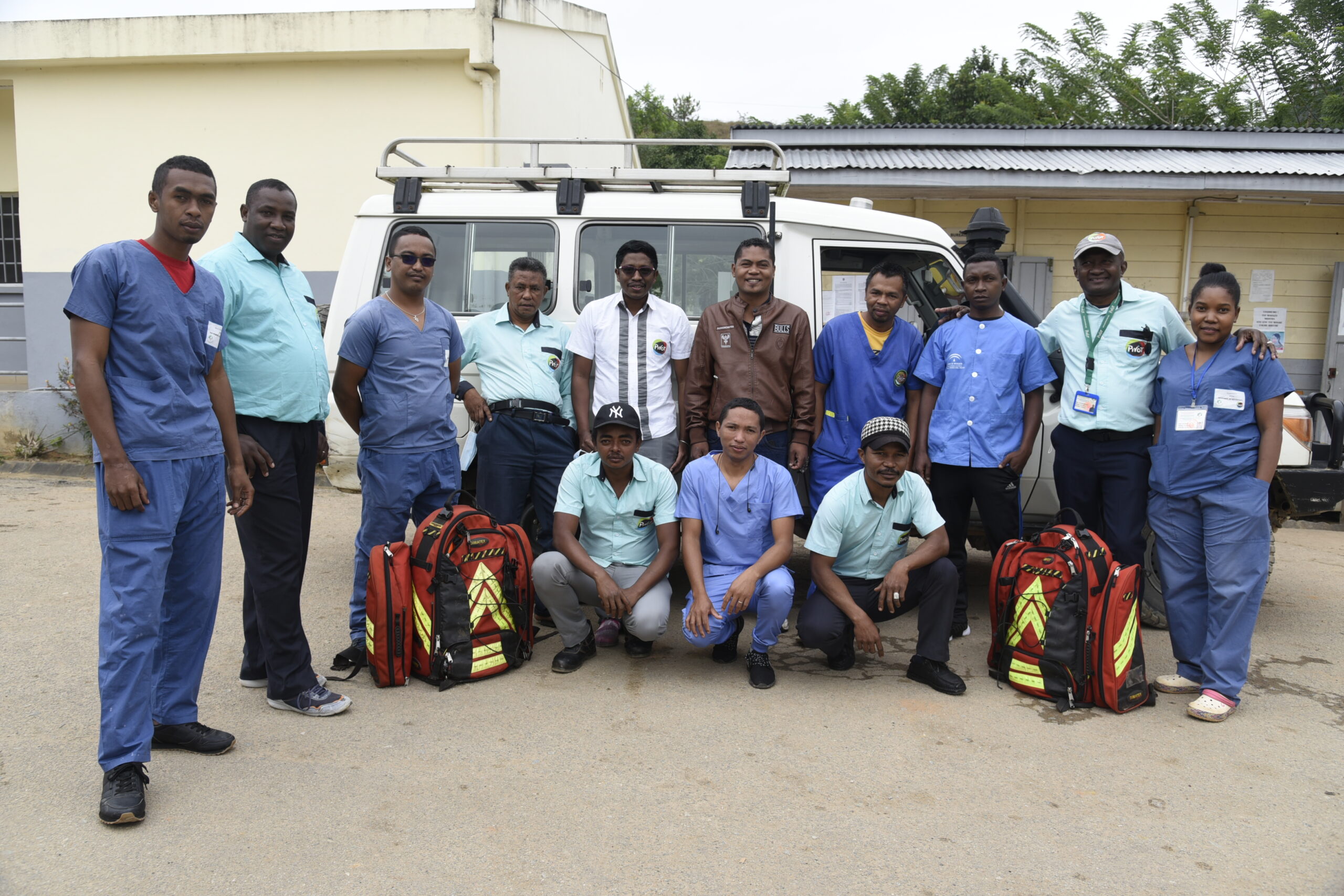
Fiara mpitondra marary & Fikarohana
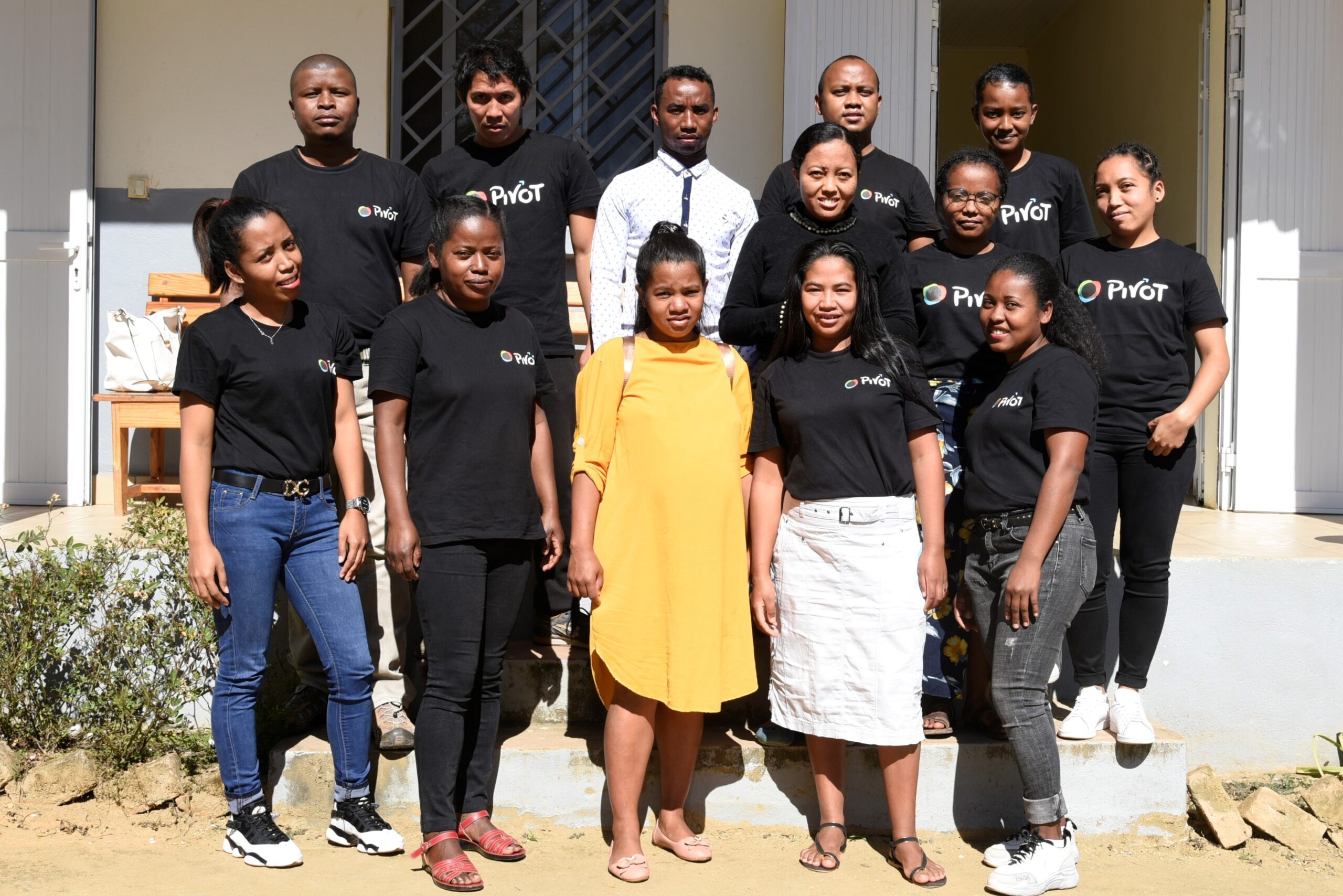
Sampan-draharahan'ny Biometika
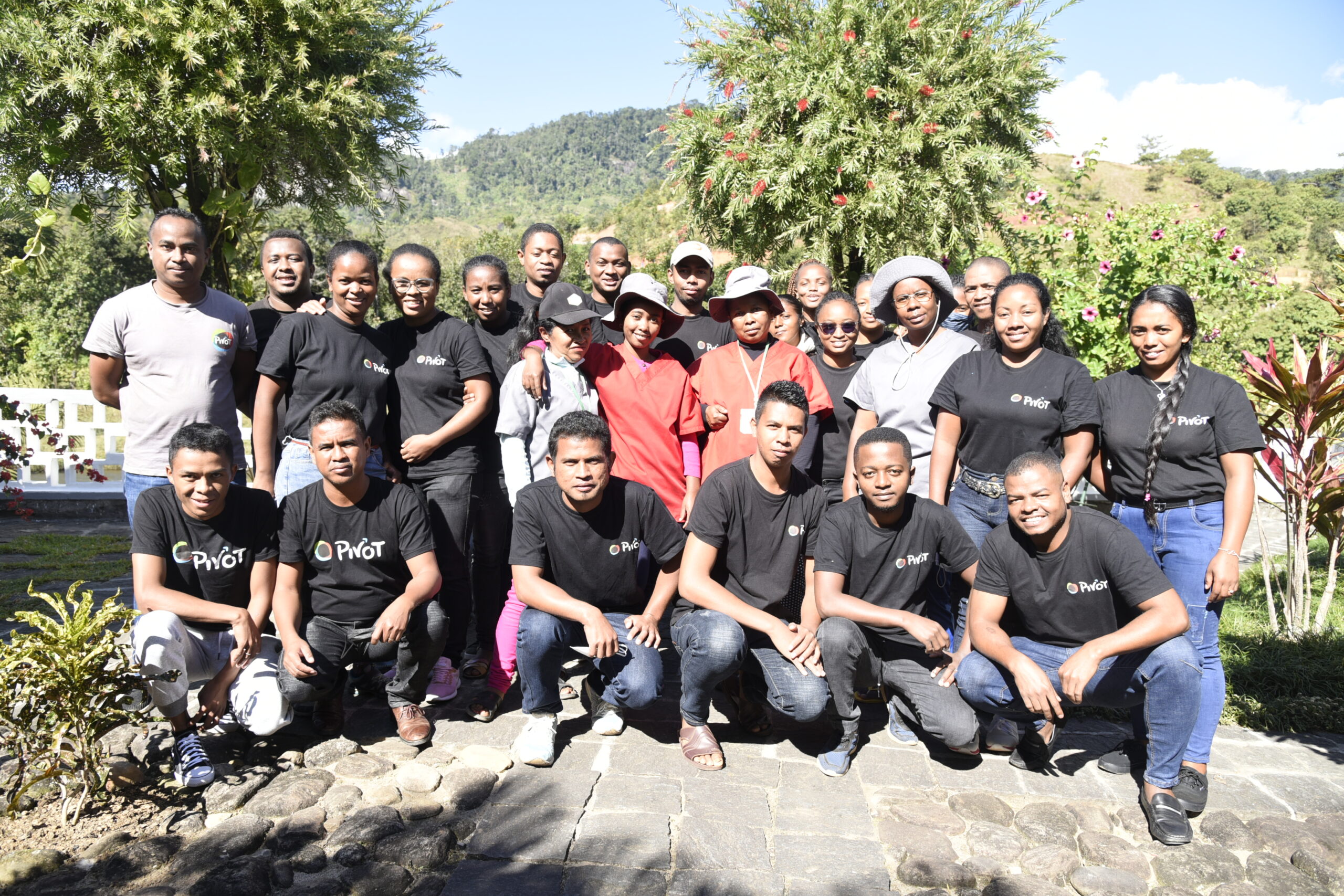
Fahasalaman'ny Fiaraha - monina
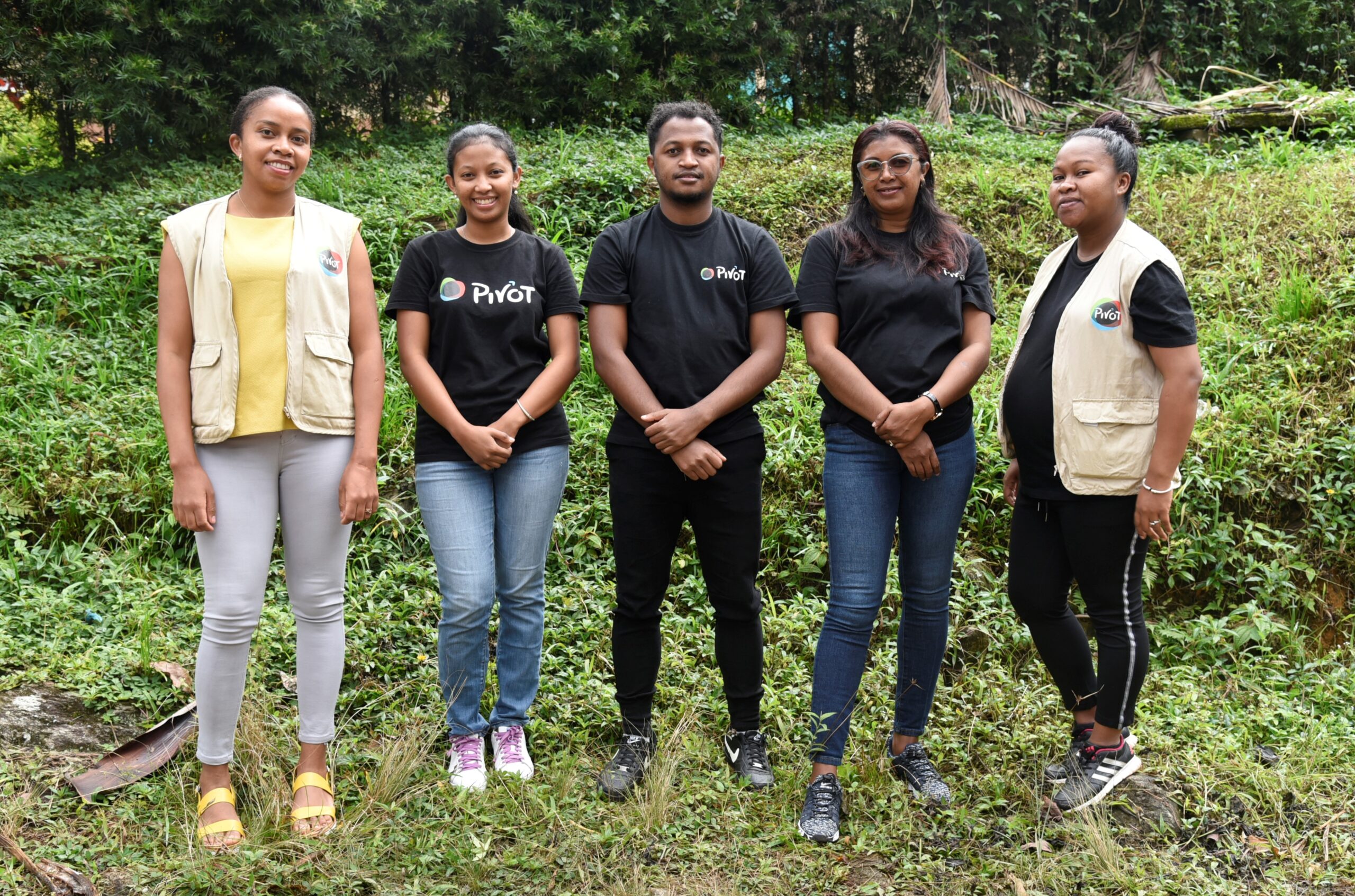
Firotsahana an-tsehatra
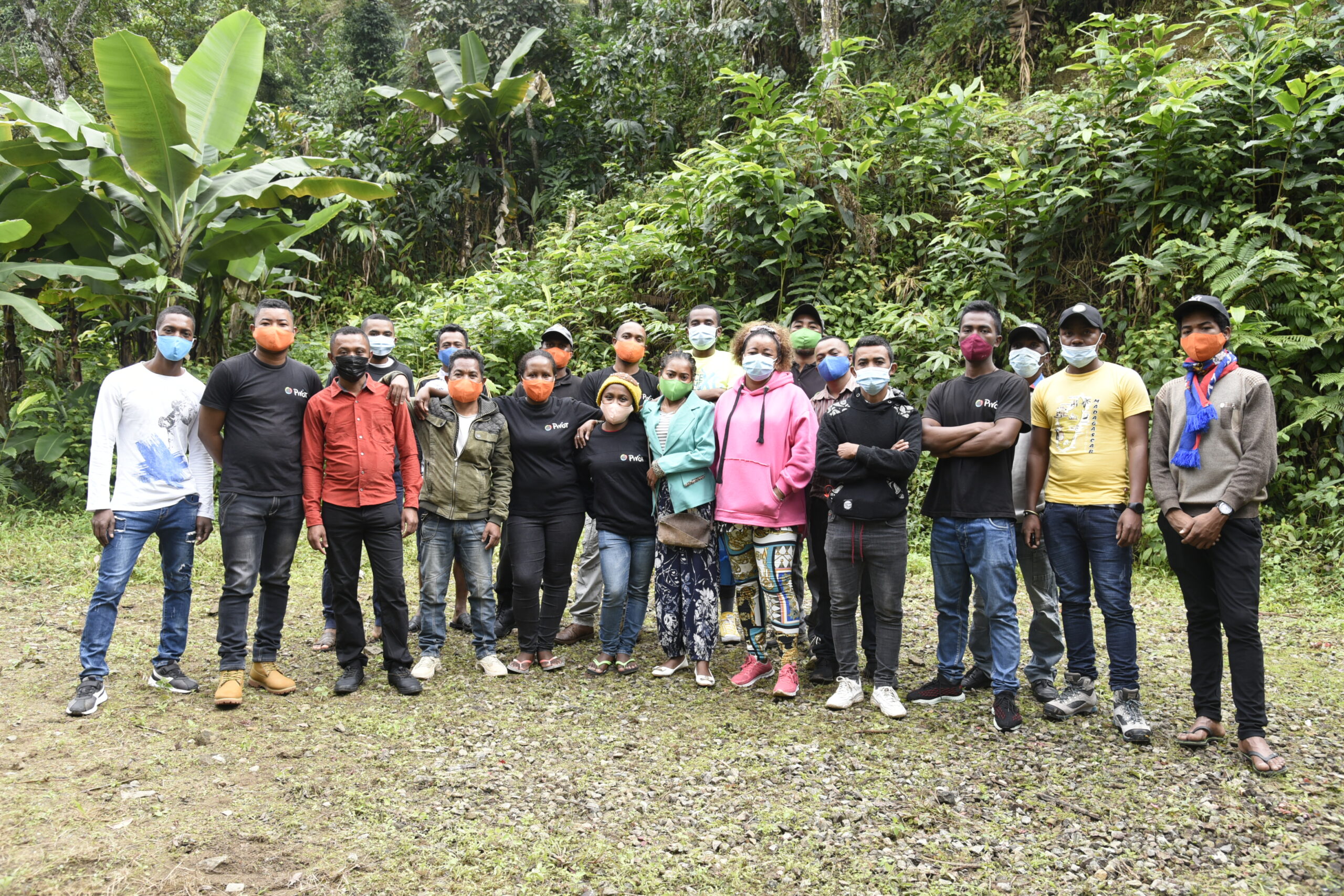
Asa Fanompoana Ankapobeny
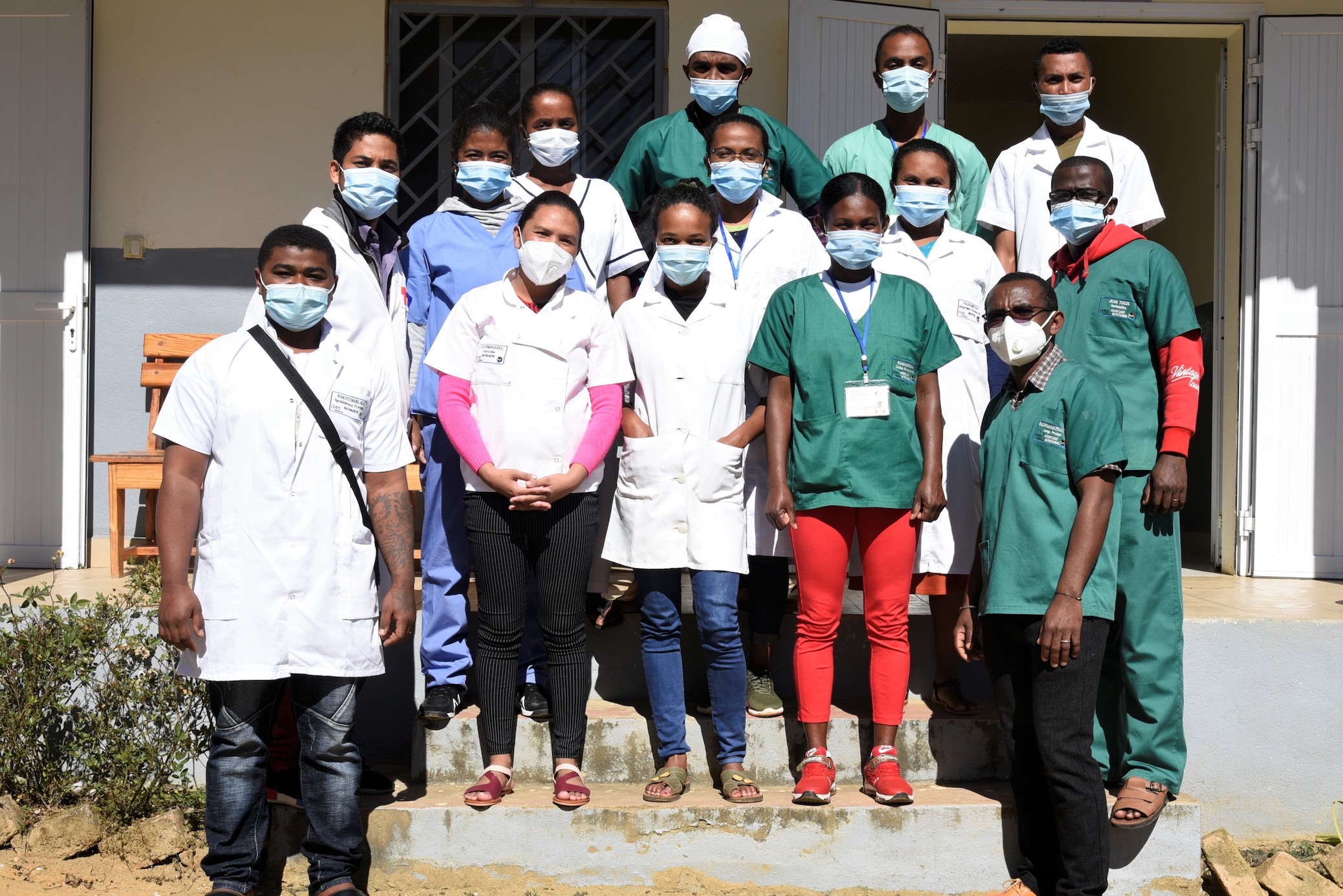
Fikarakarana ny hopitaly
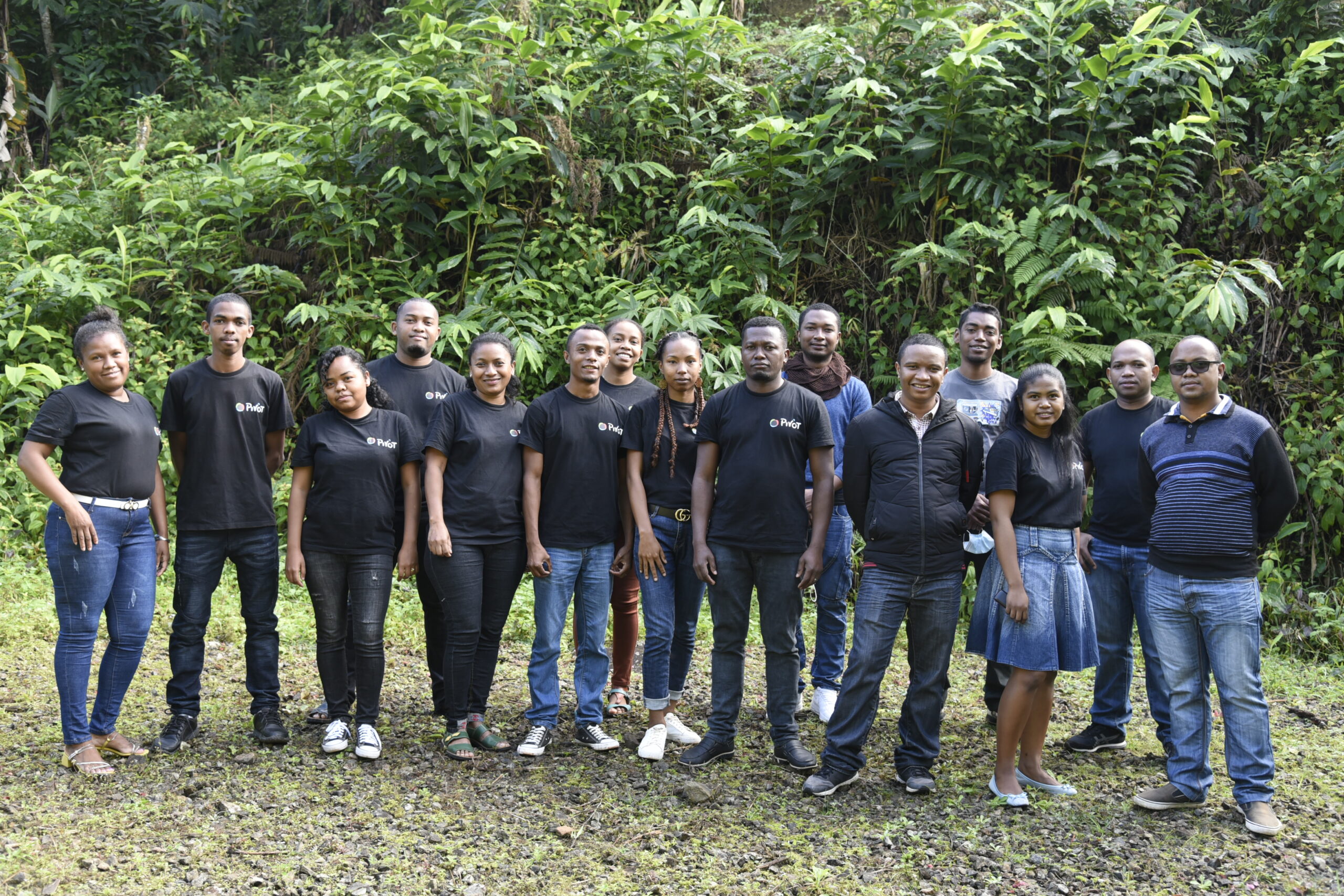
Fanaraha - maso - Fanombantombanana
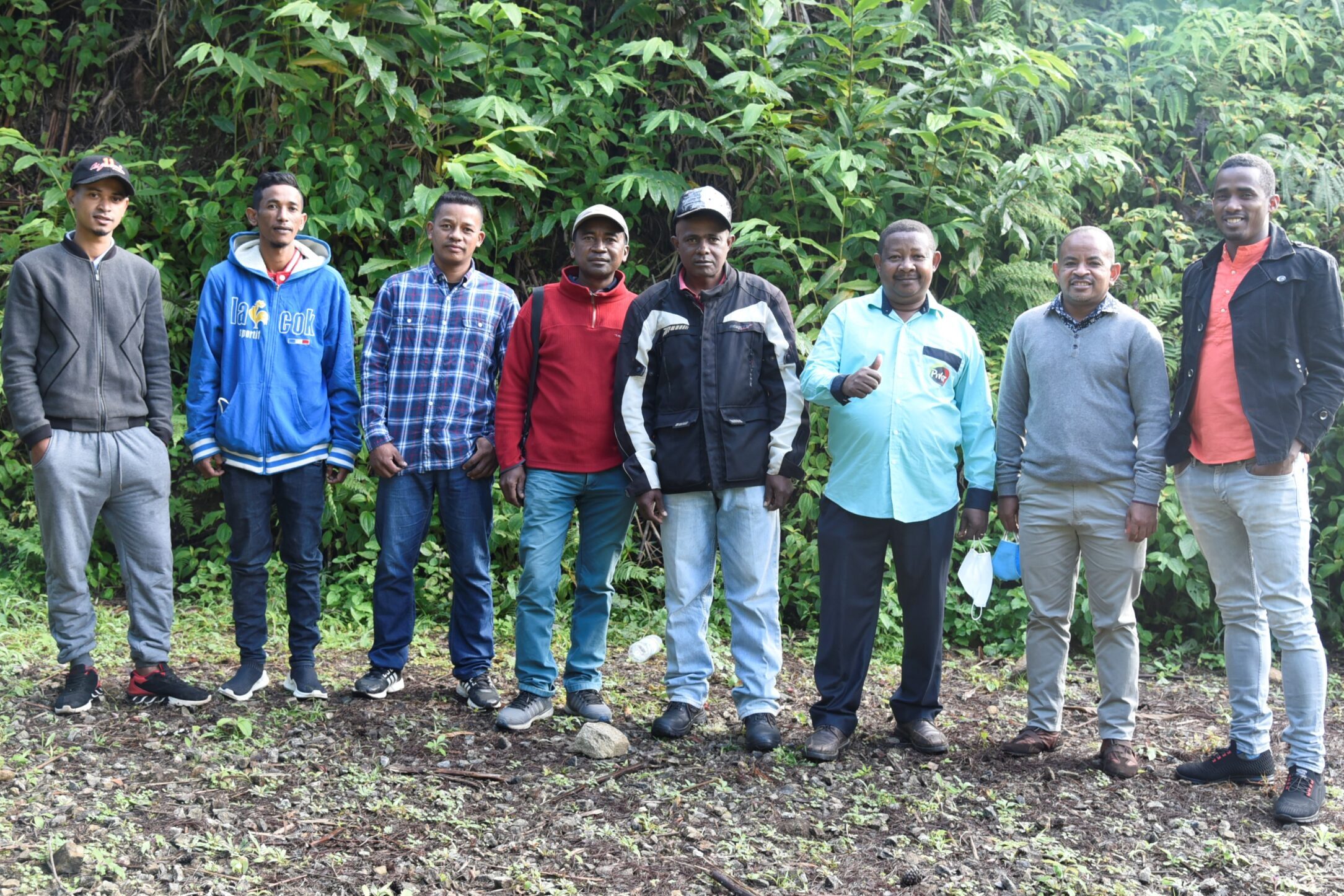
Logistics & Hetsika
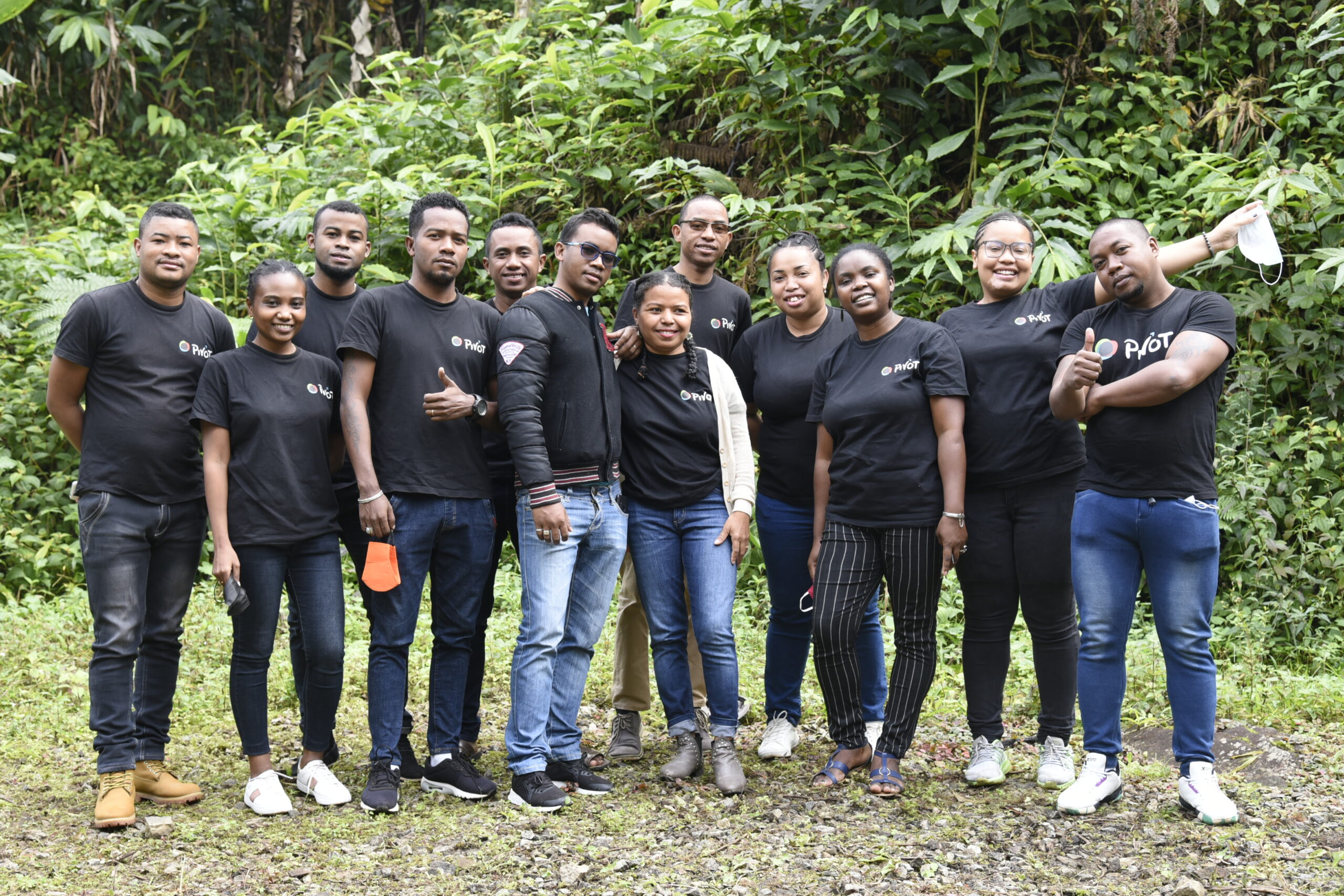
Asa - HR & Fitantanam - bola
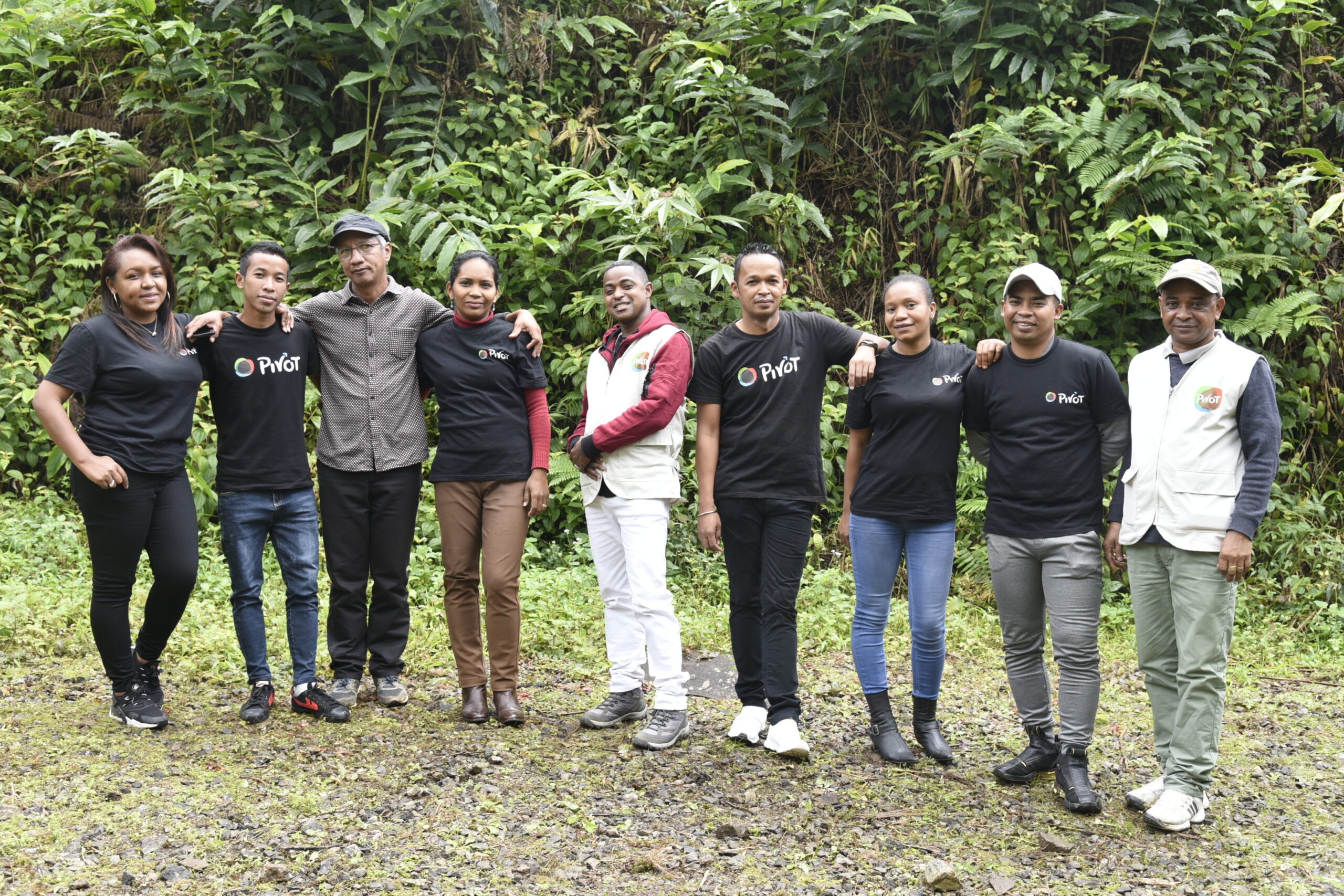
Asa - Fanohanana ara-rindranasa
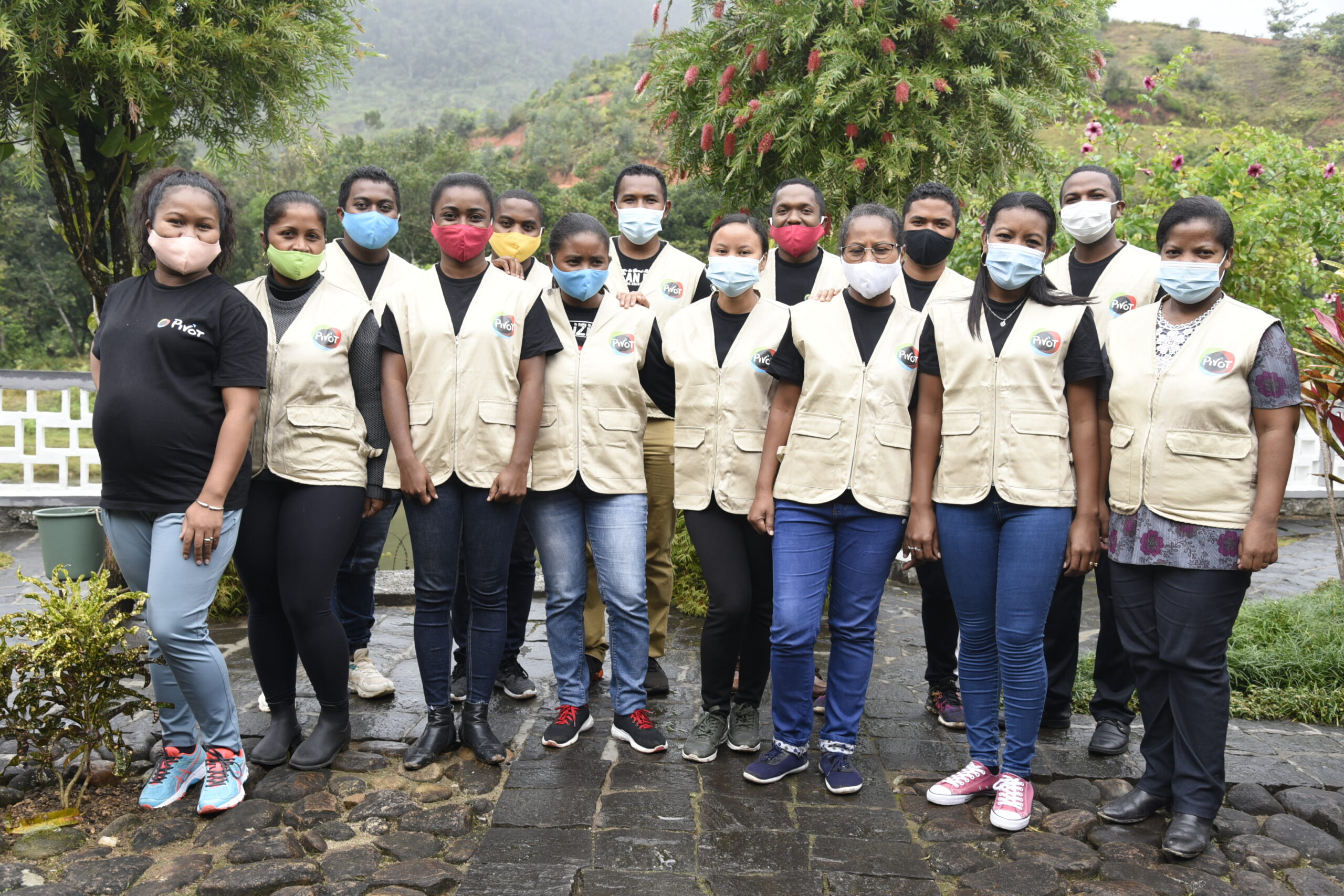
Fikarakarana Voalohany
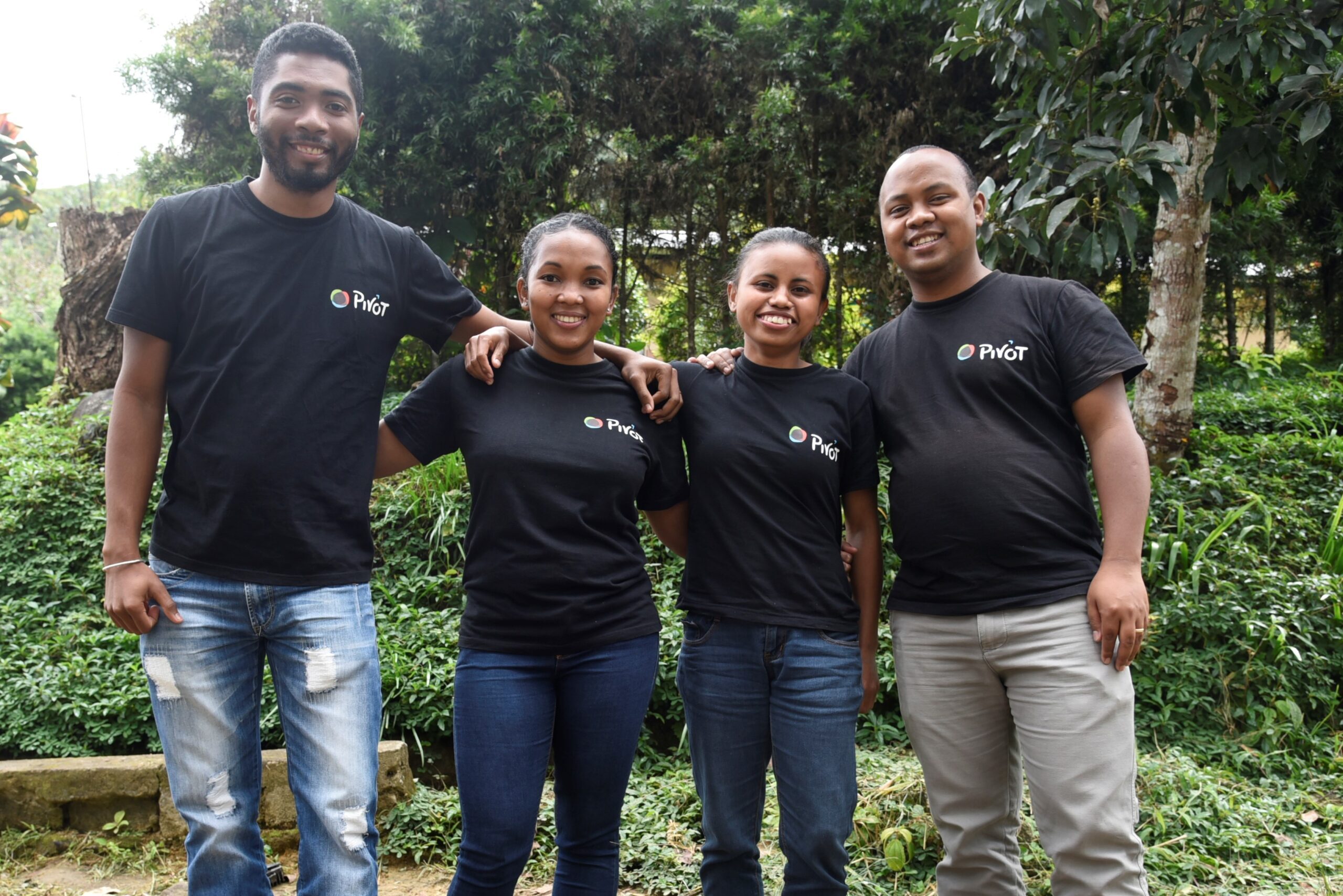
Fikarohana
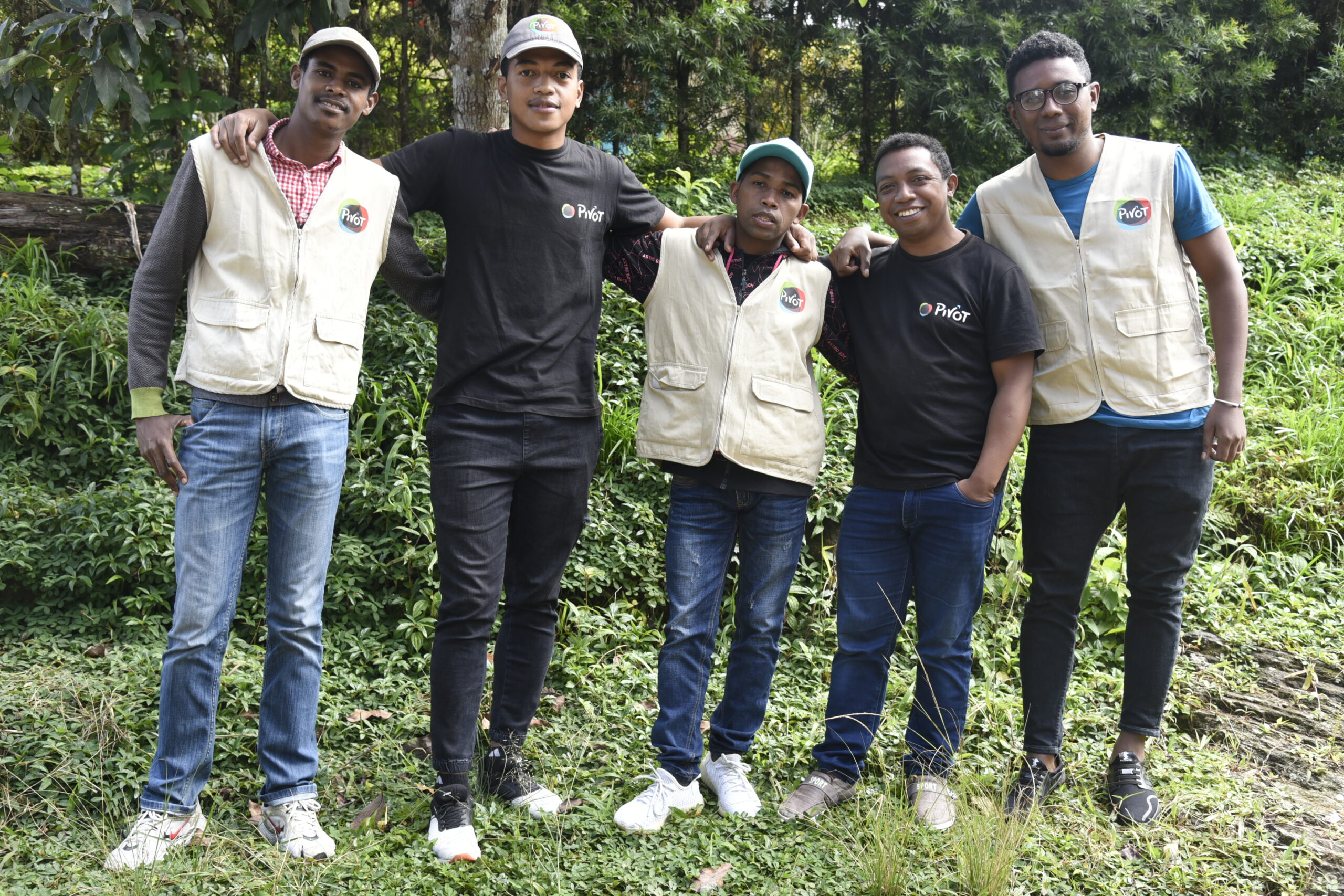
Fahatsapan-tena
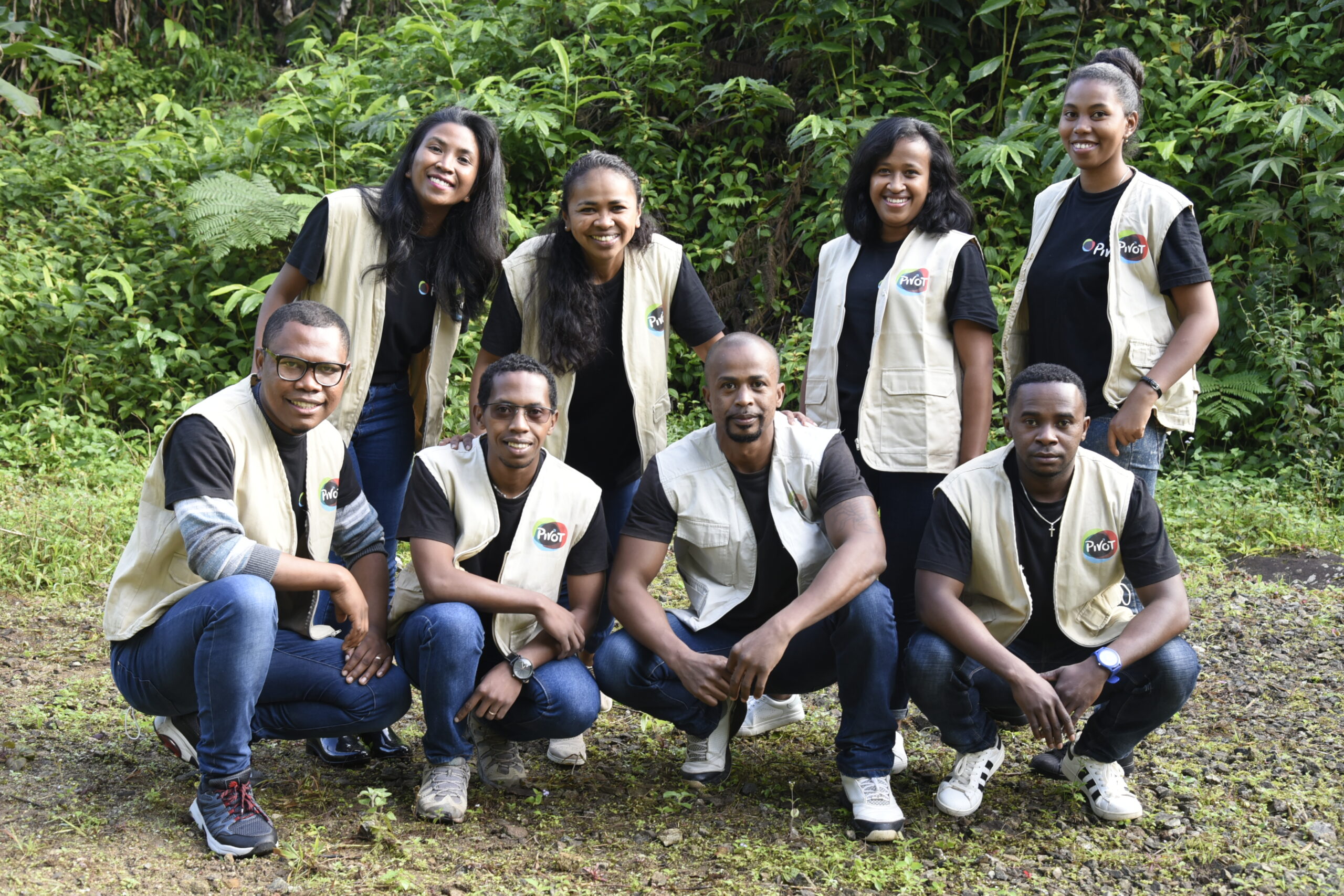
Asa ara - tsosialy
FILANKEVI-PITANTANANA & MPANORINA
Benjamin Andriamihaja, PhD
Mpanolotsaina ara-teknika zokiny indrindra
Bob Hower, MBA
Brittany Powell, MD
Edward Norton, JD
Sezalavan'ny Komitin'ny Fampandrosoana
Emma Uwodukunda, RN, MSN
Faramalala Rabemananjara, MSW
Jim Herrnstein, PhD
Mpiara-manorina & Filohan'ny Komitin'ny Siansa
Lara Hall, MD
Luc Samison, MD
Filohan'ny Komity Mitarika
Manu Prakash, PhD
Mark Krasnow, MD, PhD
Matt Bonds, PhD
Max Herrnstein, MBA
Michael Rich, MD, MPH
Mpiara-manorina sy mpanolo-tsaina ambony momba ny fitsaboana
Patricia Wright, PhD
Robin Herrnstein, PhD
Mpiara-manorina & Chair
Seheno Randriamanantena, MAcc
Stephen Della Pietra, PhD
Tahiry Raveloson, MD
Filohan'ny Komity Fitsaboana
Tara Loyd, MPH
Tale Mpanatanteraky ny Mpanatanteraka
Tyler Saltiel, MBA, CPA
Filohan'ny Komitin'ny Fitantanam-bola
Vincent Della Pietra, PhD
Dr. Paul Farmer
Ao amin'ny memoriam
MIDIRA AO AMIN'NY EKIPA
SOKAFY NY POSITIONS:
Directeur(trice) des Programmes Médicaux (Ifanadiana, Madagascar)
Directeur(trice) des Programmes Médicaux
Pivot cherche un(e) Directeur(trice) des Programmes Médicaux, qui veille à la mise en œuvre du plan opérationnel et plus spécifiquement, au développement et à la mise en œuvre des activités programmatiques de soins primaires et cliniques.
- Lieu d'affectation: Ranomafana, district d'Ifanadiana, Madagasikara
- Fandraisana anjara: 2 ans, azo havaovina
- Rémunération et avantages sociaux : Pivot offre des salaires et des avantages sociaux concurrentiels à nos employés et aux membres de leur famille.
Description du poste en français.
Les personnes intéressées sont priées d’envoyer leur dossier de candidature composé des pièces ci-dessus citées, par courriel à l’adresse recrutement@pivotworks.org en précisant sur l’objet « Recrutement directeur(trice) des Programmes Médicaux » avant le 22 avril 2023 à 00h00.
Grant Writer (Remote - Eastern US)
Grant Writer
The Grant Writer will join the Global Support Team (GST), a small but growing cohort of North America-based staff whose collective objective is to be a resource to the in-country team – primarily in fundraising, communications, and partnerships – as Pivot expands its work. As a member of the Engagement Department, the Grant Writer will collaborate with fellow Development team colleagues as well as programmatic staff in the clinical, operations, and research domains in order to secure high-level funding partnerships to advance our 5-year strategy (see our 2023-2028 Strategic Plan to learn more).
- Location: Remote, within US Eastern time zone
- Start Date: November/December 2023
- Salary Range: $63,000 - $73,500
Tsindrio eto ho an'ny famaritana feno ny asa.
To apply, please send your CV and a cover letter to Amy Donahue adonahue@pivotworks.org by November 3, 2023 and include “Grant Writer Application” in the subject line. Applications will be reviewed on a rolling basis. Candidates may be asked to provide writing samples or other materials before being invited to join a screening call and/or video interview.
FAHAFAHANA TSY AN-KATASY:
Mpandika teny frantsay
Mikatsaka tsy tapaka ireo mpiasan'ny fahasalamana liana amin'ny toerana maha-mpampianatra eto Madagasikara i Pivot.
If you hold a medical degree (doctor, nurse, or other clinician), significant field experience in low-income settings, speak French or Malagasy, and can commit to a minimum stay of at least 1-2 years in Madagascar, please send your CV and a letter of interest to recrutement@pivotworks.org with the subject line “Clinical Inquiry” to discuss opportunities with the Pivot HR team.
Fahafahana miaraka amin'ny namana sy ny mpiara-miasa
Mankalaza ny fahasamihafana izahay ary miezaka mamorona tontolon'ny asa iraisana.
Mpampiasa mitovy lenta i Pivot. Tsy manavakavaka isika noho ny firazanana, fivavahana, loko, fiaviana nasionaly, lahy sy vavy, fironana ara-pananahana, mari-panondroana ny lahy sy ny vavy, taona, fahasembanana na sarangan'olona hafa voaaro.

